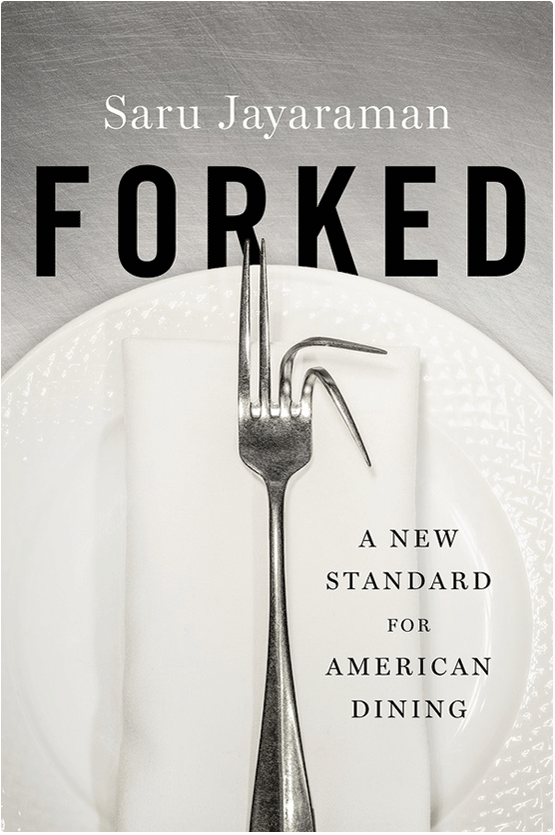Is Tipping Really Just A Weird Relic Of America's Dark Past?
We may receive a commission on purchases made from links.
Food labor advocate Saru Jayaraman is the author of a new book, Forked: A New Standard for American Dining, that deals with one of the most widely discussed and divisive issues in the American restaurant industry today: the longstanding practice of tipping. In an interview with the Washington Post, Jayaraman lays down some unsettling historical context for the ongoing debate:
"The origin of tipping is really the feudal system, it's this idea of noblesse oblige. But when tipping came to the United States, it had a real racial tinge to it, because, originally, the workers who earned tips were almost exclusively black workers — they were newly freed slaves."
Jayaraman goes on to explain the role industrialization played in creating the dubious system of tipped minimum-wage workers that persists even today. Basically, factory workers in the old days needed dirt-cheap places to eat during their very, very short lunch breaks, and the only people poor enough work in these so-called "penny places" were former slaves.
According to Jayaraman, it was rich white Americans who picked up the custom of tipping from their travels in Europe and introduced the practice Stateside, and it was basically all about showing off your wealth by openly giving a handout to inferiors. Yet Europe went on to reject this status-laden form of charity; America, on the other hand, made it the norm.
Notably, since FDR's New Deal in 1938 — which essentially codified the whole notion that earning tips could make up for ultra-low wages — the federal tipped minimum wage has gone from zero to just $2.13. And in most states, it's no higher than $7.
Jayaraman drops plenty of other statistics to illustrate the racial, sexual and economic inequities that are perpetuated by the status quo when it comes to gratuities. And certainly, her critics in the industry will dismiss these facts and figures as the biased talking points of an unabashed labor activist. (Jayaraman is the co-founder and co-director of the New York-based nonprofit Restaurant Opportunities Center United.)
Still, the next time we hear some server or bartender complaining about "slave wages," we'll know they're only half-kidding.
In the video below, Jayaraman talks about the culture and politics of tipping with prolific NYC restaurateur Danny Meyer, who made headlines with his decision to do away with traditional gratuity at his various establishments.


